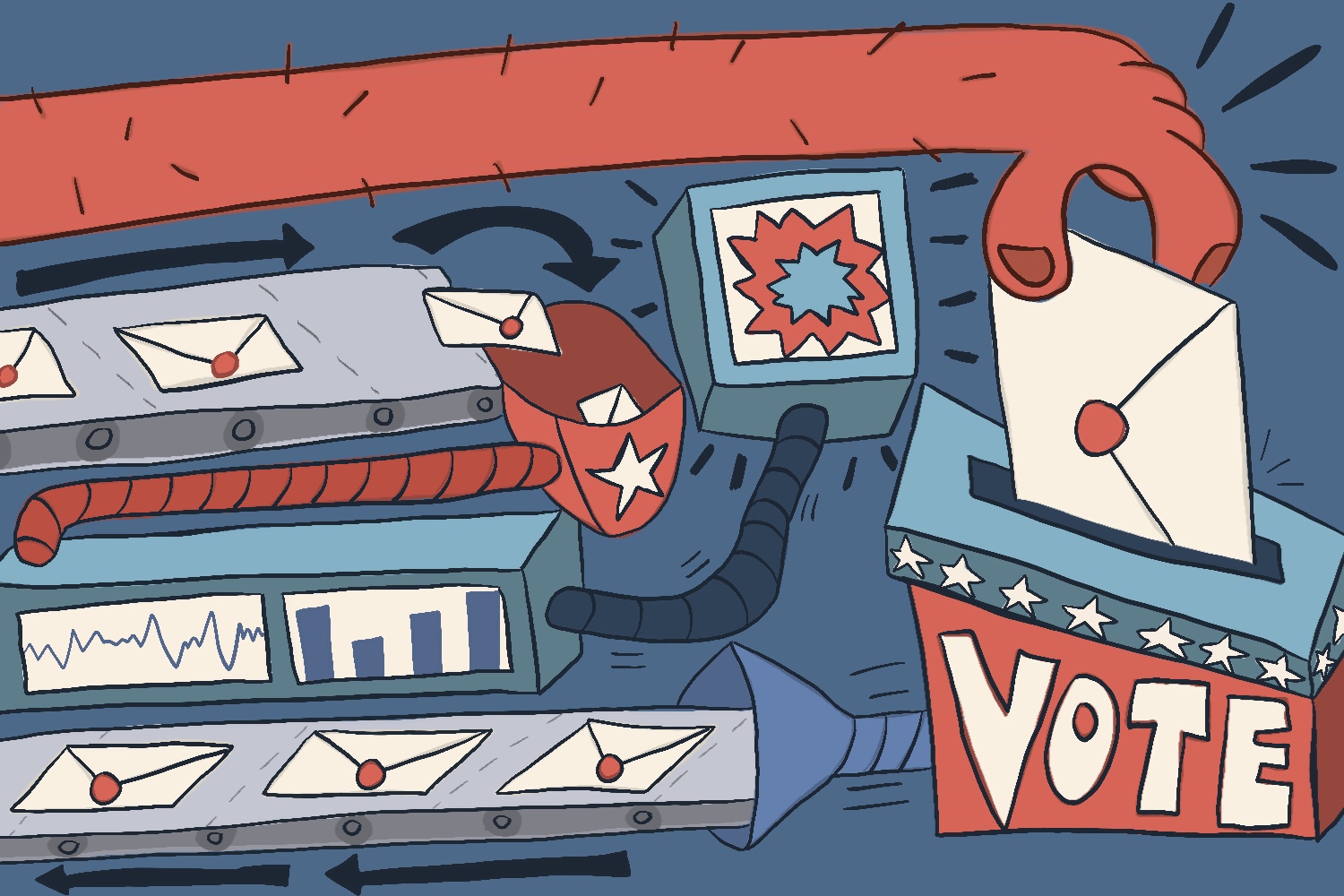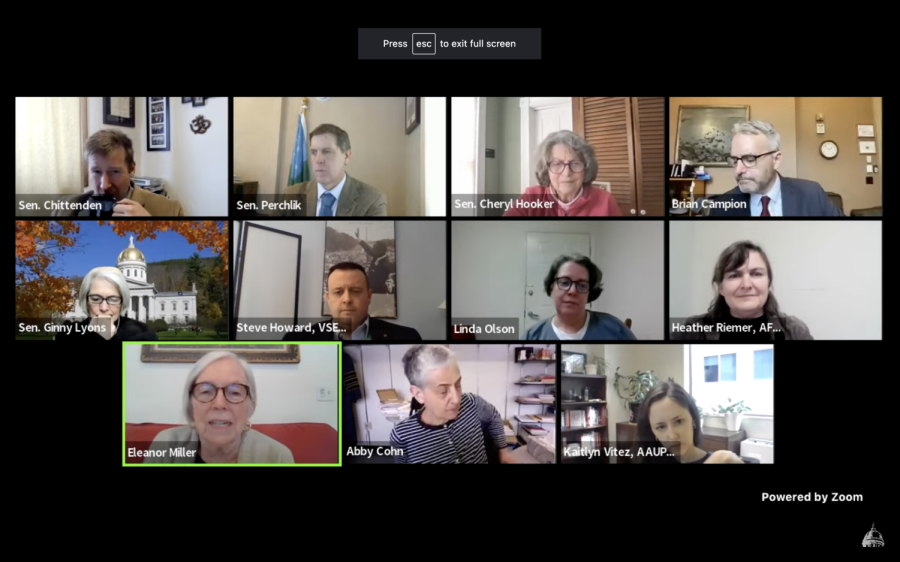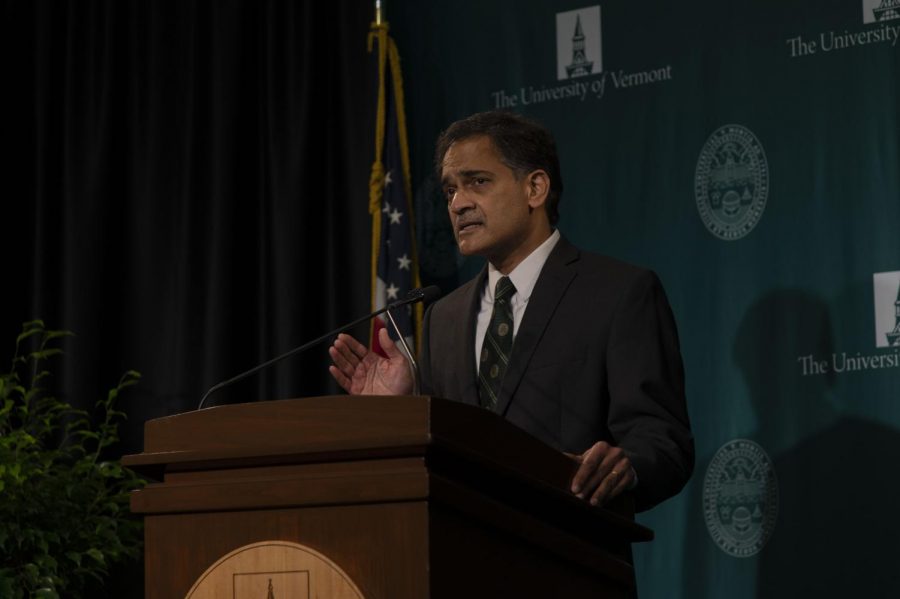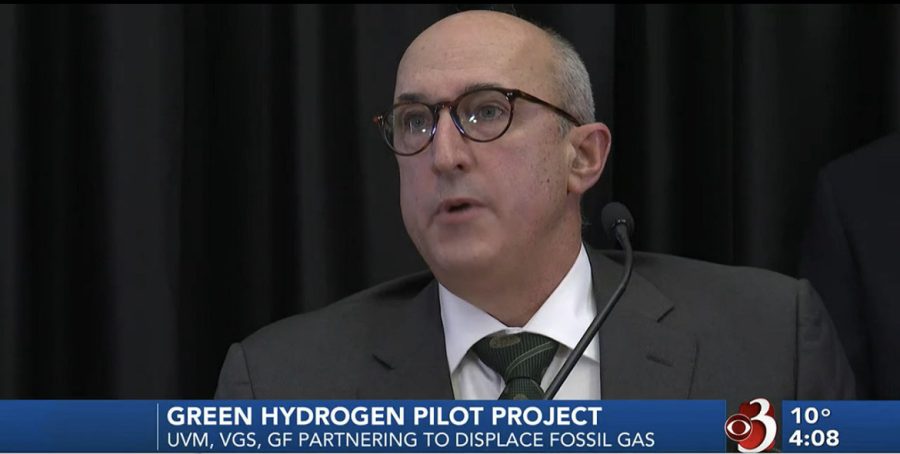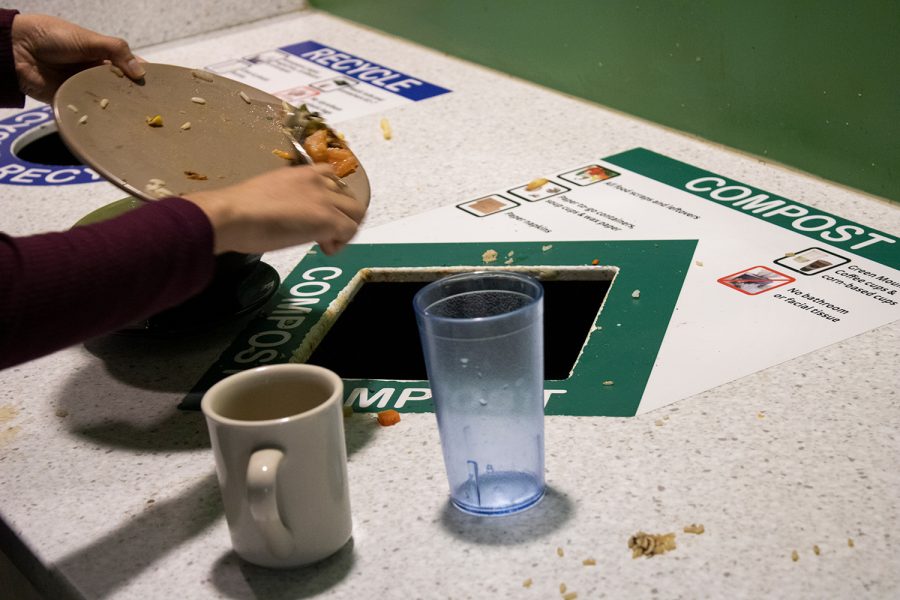Legislators and public health advocates proposed a tax of 2 cents per ounce on all sugar-sweetened beverages sold in Vermont at a press conference January 20, according to VTDigger.
Advocates say the tax will provide a significant source of revenue for the state while also cutting healthcare costs by curbing the consumption of unhealthy beverages, according to WCAX.
“A sugar-sweetened beverage tax is a funding source that is related to the cost of health care and to the well-being of Vermonters that can help accomplish a number of attainable goals,” said Karen Lafayette of the Vermont Low Income Advocacy Council. Although Vermont’s obesity rate is the eighth lowest in the country, it has risen from roughly 10 percent in 1990 according to national health data from State of Obesity’s website.
“Raising the price of those drinks roughly ten percent could decrease consumption eight to ten percent,” said Rachel Johnson, professor of nutrition at UVM.
“That decrease is significant: a person who reduces sugary drink consumption by one drink per day could lose fifteen pounds per year if they otherwise maintain the same diet and exercise routine,” she said. Furthermore, proponents of the tax say it advocates for the poorer demographics of Vermont, which are left most susceptible to obesity.
“The beverage industry has long targeted low-income communities with its cheap drinks and the result is low-income people are suffering disproportionately from obesity and its related diseases,” said Peter Sterling, director of the Vermont Campaign for Health Care Security. “They are twice as likely to be obese, three times more likely to have diabetes and four times more likely to have a heart attack,” he said.
Critics of the proposed legislation point out the impact of a tax for lower-income communities. “A 2 cent per ounce tax can easily translate into a tax that comes close to, or even exceeds, the beverage’s current price,” said Art Woolf, associate professor of economics. “[At Price Chopper], a 12-pack of 12-ounce cans of Coca-Cola was on sale at three 12-packs for $10. But those 432 ounces of soda means a tax of $8.64, so we’d be paying $18.64 for the three 12-packs, a tax rate of 86 percent,” he said.
By comparison, he pointed out that the current tax rate for cigarettes in Vermont is only 65 percent. In light of the evidence, students are still unsure about the tax. “I think the tax is a good thing theoretically,” first-year Colin Rugg said. “It’s a sinner’s tax and thus penalizes unhealthy behavior, and it is quite a large tax which could therefore gain significant revenues for the state.”












